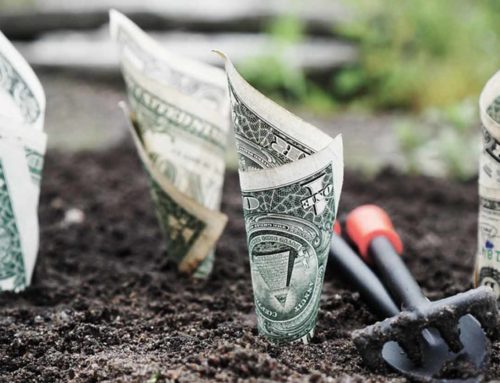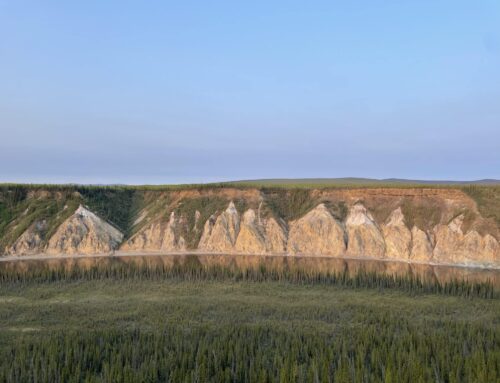Advocacy groups worried taxpayers were not getting their fair share of the profits as the U.S. Bureau of Land Management continued to offer public land, via lease, for oil and gas development while the industry struggled to recover from the COVID-19 pandemic.
The BLM moved forward with a sale of public land to the oil and gas industry this fall, and public comments will be accepted from July 6 to July 17.
A public comment period was announced Monday for the sale of about 7,730 acres on 11 parcels in Eddy, Lea and Chaves counties.
The sale was scheduled for Oct. 29
About 60 percent of the sale was to take place in Eddy County, with about 33 percent in Chaves County and Lea County offering just 4 percent of the land leased.
In Eddy County, about 4,849 acres were offered in the sale on four parcels, while 320 acres were offered in Lea County on two parcels.
Chaves County saw 2,560 acres offered for oil and gas development on five parcels.
Oil and gas lease sales held by the BLM recently came under fire by environmentalist groups who questioned the profitability of such sales during a massive downturn in the oil market amid the COVID-19 pandemic.
In April, the price per barrel of domestic crude plummeted to less than $0 per barrel for the first time in history and was slow to recover in the coming months.
The BLM did postpone its May sale, deferring about 45,000 acres on 94 parcels in southeast New Mexico and west Texas, citing health concerns associated with the pandemic. In June, the BLM announced those parcels would be offered in the upcoming August lease sale in addition to 19 new parcels on about 3,369 acres in New Mexico, Texas and Oklahoma.
A 2019 study from Taxpayers for Common Sense found the 12.5 percent federal onshore royalty rate for oil and gas development was about a third lower than the state rate, meaning the state lost $19 million in revenue solely from “outdated” rental rates on federal leases in the last decade that were not updated to reflect inflation.
“The weight of the public trust and the current federal budget picture demand that the Bureau of Land Management maximize the fiscal return by administering oil and gas development strategically on federal lands in New Mexico and across the country,” the report read.
“By updating lease terms for federal oil and gas development now, the Bureau of Land Management can substantially increase the returns to the Treasury, and the amounts disbursed to the state of New Mexico, in the years to come.”
Combined with lost revenue from natural gas waste and other “permissive policies,” the report said New Mexico taxpayers lost out on a total of $2.5 billion in revenue between Fiscal Year 2009 to FY 2018.
James Jimenez, executive director of New Mexico Voices for Children said lease sales in New Mexico should be postponed indefinitely until the market stabilizes.
He said the rates offered to lessees in the sales were based on current oil prices, and lower prices now mean companies will unfairly profit more later when the market recovers.
“The lease rates are based on current oil and gas prices, so clearly any leases sold soon will go at bargain-basement prices. As New Mexico receives a share of the lease revenue, which helps put books in our classrooms and medicines in our clinics and hospitals, we will not be getting full value for our shared state resources,” Jimenez said.
“It is simply irresponsible for this Administration to allow leases to be sold at this time in this volatile market when prices are being driven by fights between oil-producing nations rather than normal supply and demand factors.”
Judy Calman, director of policy for Audubon New Mexico worried the pandemic could mean weaker oversight of sales and extraction operations, and public participation could be compromised.
All that could mean more damage to the environment, she said.
“This move is especially egregious during the COVID-19 pandemic, where public participation in federal decision-making has been extremely compromised, and when this administration has admitted it will scale back or even halt some of its environmental enforcement due to the pandemic,” Calman said.
“(Secretary of the Interior David Bernhardt) must halt these lease sales until inspections resume and the public is able to provide adequate input.”











Get Social